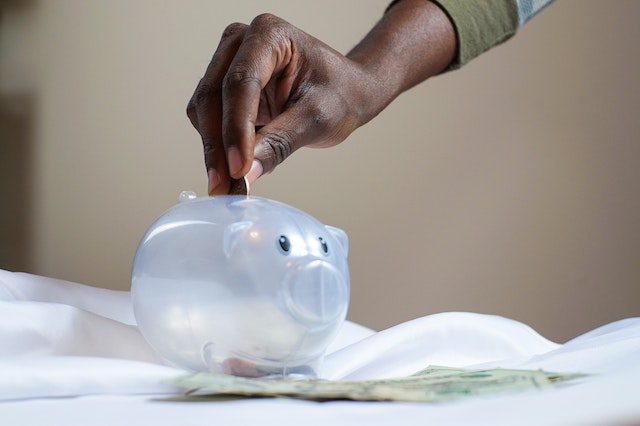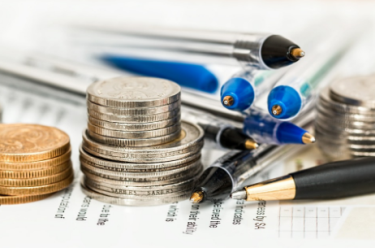3 Helpful Tips To Get You On The Path Towards Financial Stability

Your financial health can be difficult to take care of at times. You can fall prey to overspending and trying to keep up with the next big thing.
Perhaps you just don’t really know where to start. Keep reading for some tips on how to keep your finances under control.
1. Purchase a Home
This is a big one. A home purchase is one of the largest expenditures you will ever make in your life.
If you are in a place where you are ready to settle into a home, consider starting the process even with a lower credit score. There are ways to tackle this problem if your credit is subpar.
And, one of the benefits is that you will no longer be paying a landlord. Instead, you will be paying yourself with the clear intention of owning your home one day and having a tax shelter in the process.
Talk with your mortgage specialist about your available options. Military veterans are eligible to take advantage of the VA Home Loan program.
If you qualify for this benefit, it will help save you money in addition to helping you build credit and security over time. Even if you have bad credit or have experienced financial issues in the past, look into the program.
You might be pleasantly surprised by what home loans are within your reach.
2. Create a Budget
Creating a budget can be overwhelming if you have never done so before. It is easier than it seems. The process should include the following steps.
- Create a tracking system. This can be done on an app on your phone, in an Excel spreadsheet that is accessible via your phone or laptop, or in a notebook. No matter what you choose, the most important part is to document all incoming funds and outgoing expenditures, regardless of the size.
- Compile all of your bills. Gather every bill you have, whether it is paper or digital. List the company, the date it is due, and the amount.
- Track your income. This income includes anything you earn, from a regular job to freelancing or selling crafts on the side.

3. Make an Emergency Fund
Emergencies happen, regardless of your wishes. Cars break down and water heaters leak. Things like this are, unfortunately, inevitable. This is why you need an emergency fund. The amount you have in it, however, will depend on where you are in life and what responsibilities you have.
Watch this video for helpful insight on how much money you should have in your emergency savings fund. And remember, if you need to tap into it, ensure you begin adding more funds to it immediately so it is replenished over time – for the next emergency.
Now that you have learned a few tips regarding financial stability, it is time to get started. Remember to invest in yourself and your future by purchasing a home when you are ready.
Further that notion by paying attention to what you spend. Knowing where you spend your money will give you a greater sense of clarity for handling life and everything that comes your way.



